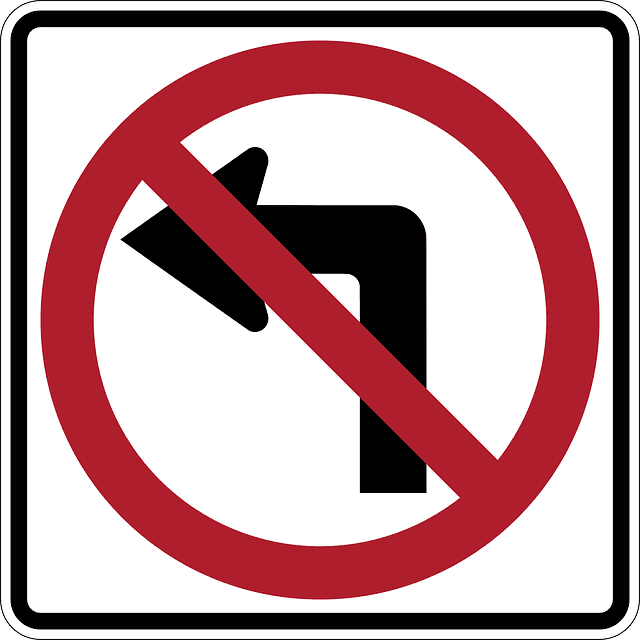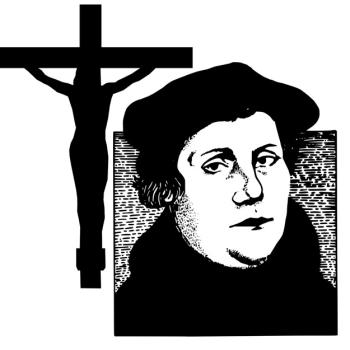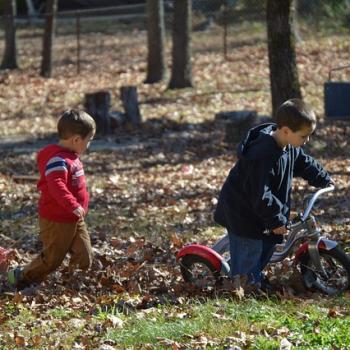
I’ve had a car for a month now.
The Neighborhood Trolley is my first car ever, and I’m thirty-six. I have lived without one since I was twenty-one in Steubenville, which is a small enough town we’re lucky to have a bus system at all. The bus is only a bit bigger than a handicap-access van, it comes about once every hour, and all the routes are done by six in the evening, so having a chronic illness and raising a child in town has been unbelievably complicated. Insofar as I’m slightly famous, I’ve become famous for riding the bus or walking at inconvenient times. It hasn’t been easy.
This is a whole new world. I’m still extremely cautious and annoyingly slow; I grip the wheel with white knuckles as if someone’s going to steal it from me. My whole right leg tends to tighten up because I’m nervous about being able to brake in emergencies. I am petrified to “signal-mirrors-over-the-shoulder-go” when I merge into a turning lane, so I tend to make only right turns like a UPS driver. I look everything up on Google Maps and talk myself through each intersection before I try to go there. I’m still getting used to main roads and take a tiny side street whenever possible; I don’t know when I’ll feel safe on a freeway. But since the fender cover fell off last month I’ve had no further accidents. Much of the time it already feels normal, but there’s still the occasional panic.
I’m planning a trip to Columbus, to show Rosie where I grew up. I still have no idea when these trips will happen– sometime after I’m fully vaccinated, sometime after we scrape together money for a night in a motel, sometime after the freeway feels as normal as my residential street feels now.
It’s possible now, and it wasn’t before.
The sense of freedom that brings makes me giddy.
I can’t even tell you how many times I’ve prayed for freedom from this place.
I have prayed for this place to go up in smoke like the cloud from the Follansbee chimney. I have prayed for it to dissolve like the reeking fog on the Ohio. I have prayed to get away, around the bend in the river, down that highway that’s always been on the border of my view when I look out across the river from the cliff at the end of LaBelle. No more cruelty, no more marauding neighbors, no more fanatical right-wing cultiness, no more. But I haven’t gotten away.
I have prayed, as if it was a litany, over and over, “Dear God, I still love you. I forgive you for abandoning me in Steubenville. And if you ever come back for me, I will forget all about this terrible place.”
And now, driving outside city limits is possible, just as soon as I get over my fear of left turns.
The freedom this affords is dizzying. It feels wonderful. But it’s also terrifying.
The other day, I needed to go to the bank and I wanted to pick up some groceries. I was still sick from all the nightmare news going on in Steubenville; I’d been too sick to drive to Mass on Sunday and been putting off errands for a few days. The procrastination was snowballing the anxiety– I was afraid I’d forget to drive somehow, or be so distracted by anxiety that I’d driver right into a pole. But we needed to go to the bank or the rent check would bounce, and Rosie wanted plums. I bribed myself with a Wendy’s burger with no bun for dinner– something that wouldn’t tickle my allergies or ruin my progress on the ketogenic diet for PCOS.
I drove, slowly, hands white-knuckled gripping the wheel, right leg painfully tight in anticipation of braking. I parked in my favorite spot, all the way across the parking lot where no one else will bother to park around me so that I have a huge wide berth to back up. I walked around the car in a full circle to assure myself that all the doors were locked. I got out my balled-up collection of cloth bags. We deposited the check at the bank, and then we walked to the grocery store at the other end of the shopping center so I wouldn’t have to go through the agony of parking twice.
On the way into the store I saw a woman, crying.
She looked horrible, disheveled, face twisted in pain. She was trying to pick up a plastic bag that was disintegrating, and she was leaning on a cart full of other plastic bags– mostly baby formula and raw meat with the Manager’s Special discount sticker. Some of it was already going gray.
“Do you need a bag?” I said, holding out a cloth one from my giant bale.
“Thanks,” she said, panting, but her face was still in agony. I knew that face. I’d felt myself make it dozens of times. Fibromyalgia makes you grimace like that. And when you’re crying in public in a cynical place like Steubenville, people assume you’re on drugs. Sometimes they call the cops.
“My ride left me,” the woman panted out.
My heart sank. If you’ve never been without a car, in a town just big enough to be difficult to walk in but not big enough for good transit service, you can’t imagine the agony of being left behind at the grocery store. I can’t count the number of times I silently cursed the drivers whizzing by me in comfort on the road, when I was dragging groceries home.
“Where do you live?” I volunteered, praying to God she didn’t live anywhere that would require a left turn.
The address she gave was a few blocks from my house.
“Wait here,” I said. “Have a seat on the bench. We’re going to do our shopping and then grab lunch, and we’ll come back for you, we won’t be long.”
We ran like the whirlwind. When we got out of the store, the lady was running back in in a panic– she’d gotten the wrong baby formula and had to grab more. There was a tired looking, very young man nervously smoking a cigarette and watching the cart of ripening meat.
“He’s the only one I’ve got to help me with my baby,” she said, gesturing at him. “He’s gonna watch the cart.”
“We’ll come get you after we get lunch,” I said.
At Wendy’s I ordered a combo, even though you can’t eat fries on a ketogenic diet, because it was cheaper to get a drink that way. And then we were back on the corner helping the couple shove their groceries into our trunk. I packed the crying woman into the seat next to me where she sat, holding her face; the very young man next to Rosie and our food.
“Now I want fries,” said the young man, smelling them. “Can you maybe go through the drive through?”
The drive through might involve a left turn, so I just handed him the extra fries.
The woman explained she had a toothache that was killing her and had come out to get medicine, but she had to get home to her baby. She had been stranded for an hour and didn’t know how much longer the neighbor would stay watching her baby. She didn’t understand why the other neighbor had driven away so quickly. “We didn’t take that long.”
“I know just how you feel,” I said eagerly.
We swapped stories all the way home– how impossible the buses are in Steubenville, how difficult it is to walk. We talked about how hard it was when the grocery store got new carts with wheels that freeze up when you push them to the end of the parking lot, so you can’t borrow one to dump groceries at your house in an emergency and then take it back. We talked about how hard it is to walk anywhere in Steubenville with all the hills. We traded stories about beginning-of-the-month grocery stock-ups with the EBT card, always grabbing more than you can carry and regretting it later, and how hard it is those last few weeks when the EBT is gone.
I dropped them off at a dismal apartment on another street in LaBelle, and made right turns all the way home.
“It’s important to notice people and help them whenever you can,” I told Rosie as she munched her Kid’s Meal.
Dear God, I still love you. I forgive you for abandoning me in Steubenville, and if you ever come back for me I will forget all about this terrible place.
But I won’t forget this terrible place.
I refuse to forget this terrible place.
If I forgot, I might stop noticing other people stuck in terrible places, and remembering how it feels to be helpless.
Of course, it could be that God hasn’t forgotten either.
Image via Pixabay
Mary Pezzulo is the author of Meditations on the Way of the Cross and Stumbling into Grace: How We Meet God in Tiny Works of Mercy.
Steel Magnificat operates almost entirely on tips. To tip the author, visit our donate page.

















